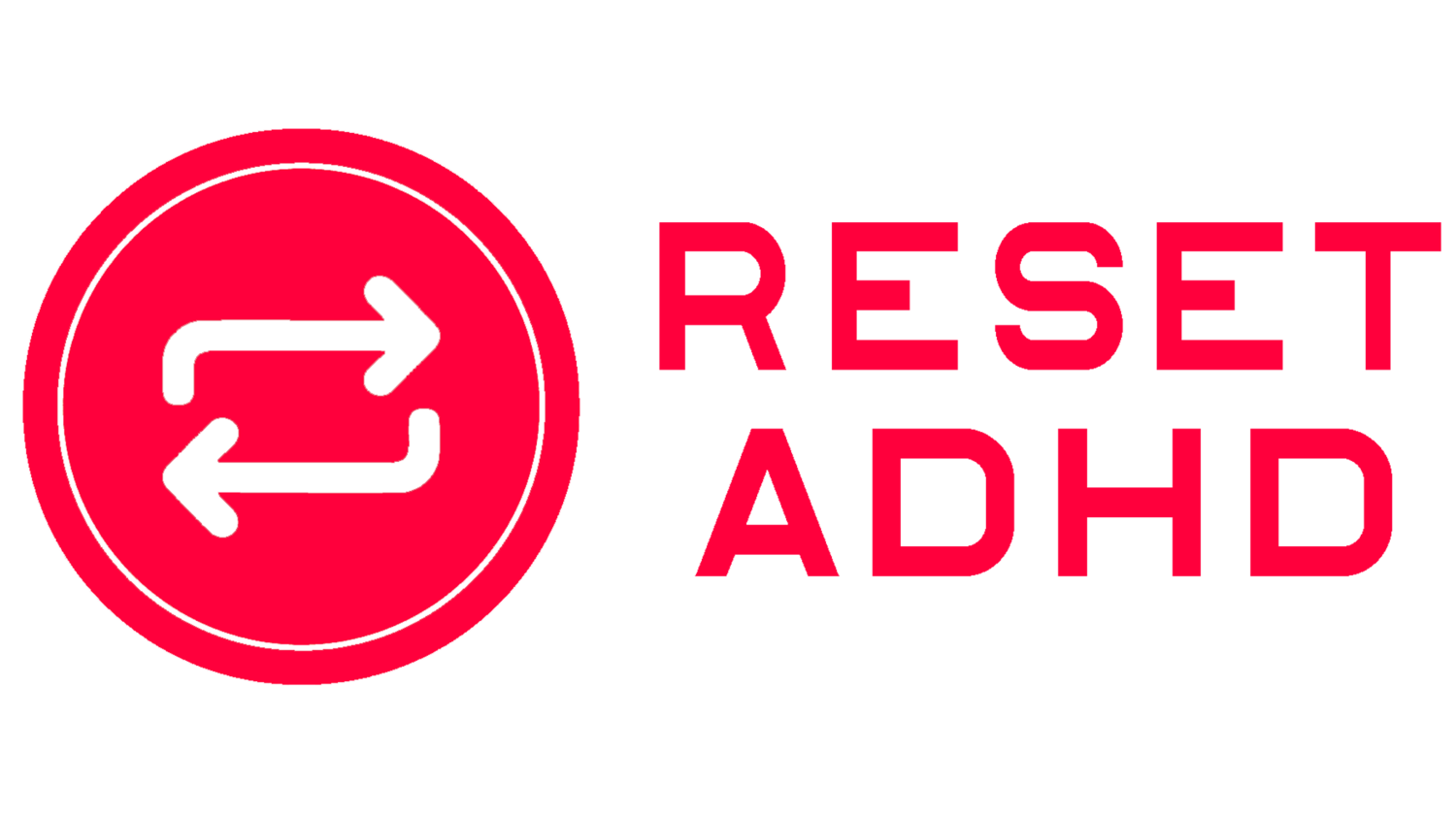Growth Mindset Part 3: Fostering a Growth Mindset
A fixed mindset is easy to spot, especially when you have become aware of it. To remind yourself of what it is like, review part one of this series. When you see the qualities, take notice of them. What effect does this mindset have? How does it affect you? How does it affect others? When you see it in action, remind yourself that you want to foster a growth mindset, not what you are observing. Be sure to take note of both when you are acting with a fixed mindset and when others are using it.
Use Growth-Minded Language
When talking about abilities and qualities, portray them as malleable. Speak in ways that let others know you want to improve in these areas or that they can improve and grow in those areas.
Focus on what can be, not what is. Use a word like, “can.” I CAN improve my math skills. You CAN learn how to ride a bike. Avoid words such as, “am” or “are.” Do not say, “I am not good at hockey,” or “You are smart.” These statements leave no room for improvement. You want people to believe they can improve in their hockey skills. When you tell someone they are smart, it reduces their incentive to improve their knowledge and intelligence. If they are smart, they do not need to try to improve. Use “yet” and “not yet.” Say things like, “I have not mastered the game of chess YET,” or “You have NOT YET become an excellent speller.” These statements imply that something will happen in the future. Chess and spelling can be mastered and will be in the future.
Praise Wisely
Similar to the previous paragraph, when complimenting yourself and others, be mindful of what you are praising. Praise hard work, the process, and improvement. Say things like, “You studied hard for that test which is why you did so well,” “You have an excellent practice method, and it is really showing on the tennis court,” or “It is nice to see how much you have grown in your interpersonal skills.”
Focus on Improvement, Not Results
This is where schools fail. There is so much emphasis on grades. No one is praised for how much they have learned. They are praised for their results. Hard work is not what is being rewarded in schools, grades are. Some individuals are praised for their grades when they did not try hard because they did not need to in a certain subject. Other students are scolded for their grades, but not recognized for how much they spent studying. Often the best learners are not the top grade earners.
When you want to foster a growth-mindset, the focus needs to be on improving and learning. How much have you improved since doing Task X the last time? How you can you do better next time you do Task Y? We live in a results-orientated world, but we do not praise that which produces the best results. The focus needs to shift to improving, instead of simply celebrating the results.

